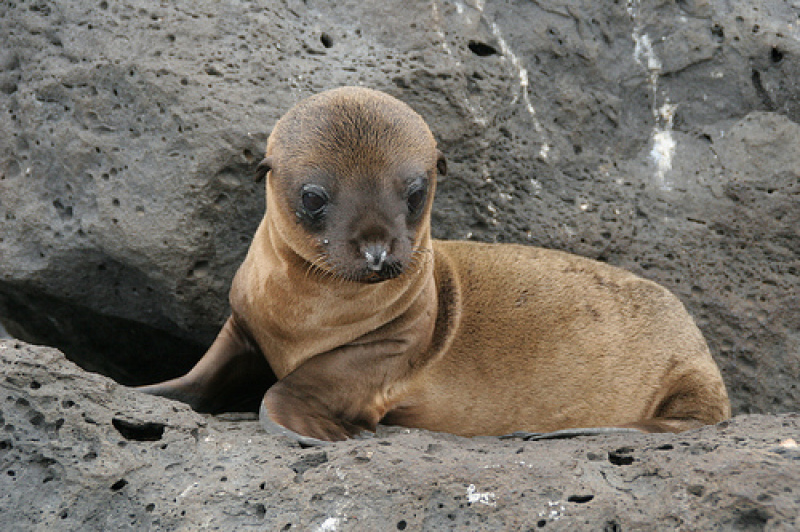
Peruvian officials and law enforcers are still baffled by the mystery surrounding the death of 500 sea lions.
The bodies of the animals, which are already in the advance stages of decomposition, were discovered on Sunday at Peru's Anconcillo beach. Due to the condition of the corpses, the government has ordered the removal of the bodies for health and sanitary reasons.
Although there are no official reports yet as to the exact cause of the death of the sea lions, a local governor said the animals were probably poisoned by fishermen. Upon learning about the allegation, Peru's environmental agencies launched an investigation into the matter.
Officials said fishermen operating near the area often use poison to catch fish and other marine life.
This is not the first incident that involves the mysterious death of a large number of animals in Peru.
In 2012, 538 dead pelicans were discovered in the same region where the corpses of the sea lions were seen, CNN reported. According to investigators, the pelicans died on the shores where they were discovered and not in the water.
During the same year, over 200 dolphins were found dead in the same area. According to the Scientific Organization for the Conservation of Sea Animals, the death of the animals might have been caused by the underwater noise and pressure waves produced by the oil exploration ships operating in the area.
An investigation launched by the group revealed that the dead dolphins have damaged internal organs and broken ears. The scientific group noted that such injuries are similar to the effects of explosion pressure and loud noises on underwater animals, according to BBC.
However, Peru's Fisheries Minister Gladys Triveno said the dolphins died of natural causes.
"We have reached the conclusion that the deaths were from natural causes," she said. "It's not the first time that this has happened."


















